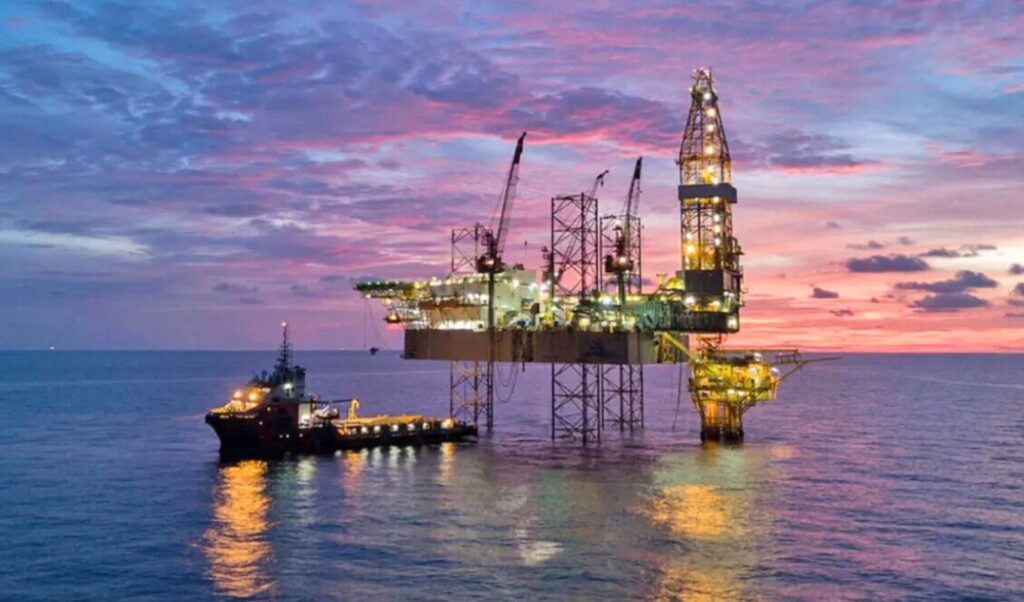With Greece’s upgrade on the energy map and its establishment as a liquefied natural gas transport hub, mega LNG deals are being planned, while the Greece-Cyprus electrical interconnection project is also moving forward. After constructive meetings at the 6th Energy Forum at Zappeion, the P-TEC, where American ministers confirmed their commitment to enhancing bilateral energy cooperation, with Greece emerging as a stabilizing force in the region, productive discussions continued in Brussels between Environment and Energy Minister Stavros Papastavrou, Cypriot Minister of Energy, Commerce and Industry George Papanastasiou, and European Commissioner for Energy and Housing Dan Jørgensen.
Energy: New major LNG deals on the horizon, sources from energy ministry reveal to parapolitika.gr
According to sources from the Ministry of Environment and Energy who spoke to parapolitika.gr, it was agreed that both sides, Athens and Nicosia, would accelerate efforts for rapid implementation of the cable project plan, with investor searches being put on the table to achieve technical and financial support for the project, setting new parameters in the energy equation. This fact was also emphasized by top energy officials (from Greece and Cyprus), namely that additional “players” are being sought to make the electrical interconnection scheme more flexible and avoid obstacles.
It’s worth noting that the same energy ministry sources spoke, following the announcement by Alexandros Exarchou, CEO of Atlantic-See LNG Trade S.A. and president and CEO of the Aktor Group regarding an LNG deal, about new agreements on liquefied natural gas, as Greece will import and transport it from the US to the rest of Europe.
Energy deals: Greece’s LNG gamble
However, the key challenge is activating the much-discussed pre-authorization form for natural gas entering through the TurkStream pipeline, something that Energy Minister Stavros Papastavrou also emphasized from Brussels.
As energy ministry sources explain, since the goal is Europe’s independence from Russian gas by 2028 and while all natural gas flows through Turkey to Bulgaria and Greece are considered of Russian origin, our country aims for a mechanism – which Europe will also push for – to control the origin of Turkish gas in advance, before it enters EU territory.
The messages from Brussels
From Brussels, Stavros Papastavrou emphasized about 24 hours ago regarding the cable: “We underlined the need to update the economic and technical elements of the Cyprus-Greece electrical interconnection, as stated just hours ago by the Greek Prime Minister and the Cypriot President, in view of potential investment interest. We highlighted the need for Europe to move quickly, to strengthen interconnection projects, for further de-escalation of energy prices for households and businesses“.
After talks with Mr. Papastavrou and Mr. Jørgensen, the Cypriot Energy Minister stated regarding the cable project: “We have concluded that the cross-border GSI Great Sea Interconnector project should undergo an update at least in the techno-economic part and the most important parameter of this study is to invite strong investors who will have the ability to make the project, the challenges around the economic but possibly also the technical part viable“.
“With this logic we are moving rapidly towards finding this firm that will conduct the specific study, so we can put this techno-economic analysis in the new environment which is finding strong players and funds that will be able to financially support the project” he added.
“The 3+1 dimension is very important because zero supply provision of Russian natural gas providing solutions through the vertical corridor that starts from Alexandroupoli and goes to Ukraine through other countries Bulgaria, Romania, Hungary is something the Republic of Cyprus can contribute to through the deposits that are in development“ Mr. Papanastasiou emphasized.
US pressure on Turkey
American pressure is being observed toward Ankara, while Greece strengthens its energy role, upgrading its geostrategic position, something reflected in statements by American ministers expressing gratitude for our country’s position in transporting LNG from the US to Europe.
However, Washington has recently chosen strict rhetoric toward Ankara, characteristically calling on it to abandon Russian energy, something that is expected to trigger further discomfort in Turkey.




